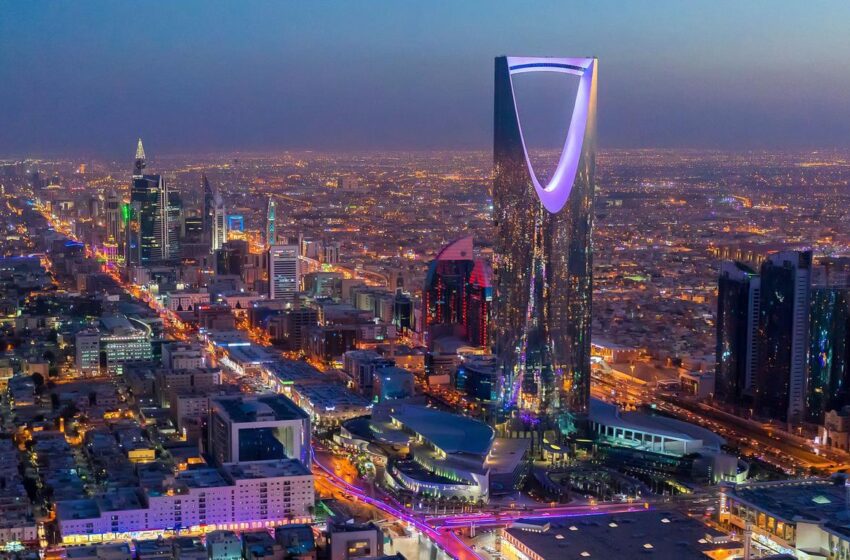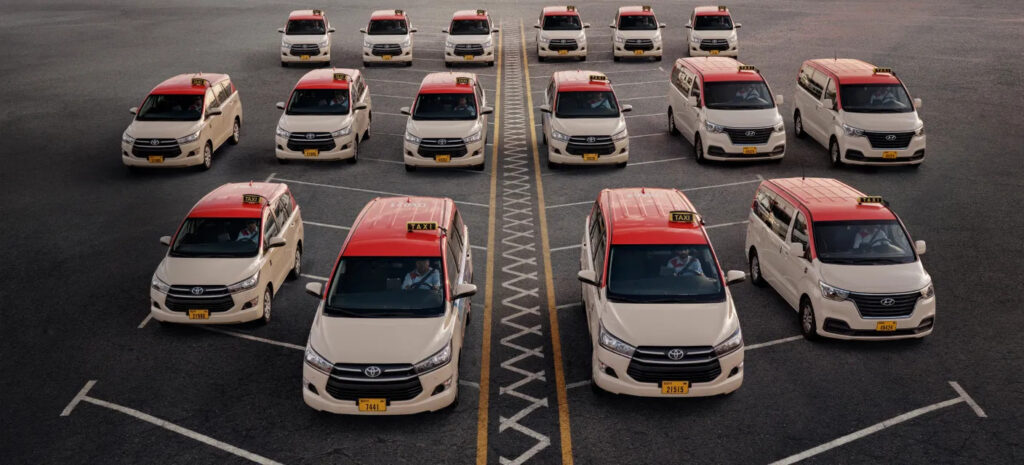
globalbizmag.com
Saudi Government Issues 450 Licences to Global Firms So Far
Saudi Arabia has granted licenses to 450 international companies to open regional headquarters in the Kingdom, an increase from 44 licenses in the first batch of companies that were based in Riyadh since October 2021.
Saudi Arabia has announced in February 2021 that it will stop issuing contracts to the companies and stand to lose billions of dollars if they did not locate their regional headquarters in the Kingdom by 1 January 2024, to help create local job opportunities for economic diversification plans.
The move was also aimed at Saudi’s ambition to become a leading business hub in the region and thereby attract the best talent and foreign direct investments, which is part of the economic reforms envisioned in Vision 2030.
However, the government made some exceptions including contracts whose estimated cost does not exceed $2666,000 or that were implemented outside the Kingdom, or the absence of more than one qualified competitor other than companies that do not have a regional headquarters in the Kingdom to carry out the work or secure the required purchases, or the existence of an emergency. It can only be dealt with by inviting companies that do not have a regional headquarters in the Kingdom.
This decision has had a stirring effect on the global contracting companies started setting up their regional headquarters in Riyadh as the government initiated several mega projects including the $500 billion NEOM, a new futuristic city coming up near Red Sea coast. The licenses include contracts with government agencies, institutions, and funds, or one of its agencies.
Addressing the “Human Capacity Initiative” conference in Riyadh, Saudi Arabia’s Investment Minister Khalid Al-Falih said that the Kingdom aims, by the current decade, for its economy to be twice what it was before the Kingdom’s Vision 2030.
The Saudi Minister also said that the Kingdom will add more than $3 trillion to the internal economy during this decade alone.
IMF Prediction
In its report issued in January, the International Monetary Fund expects a growth rate for the Saudi economy of 5.5% in 2025, an increase from its previous estimate of 4.5% issued in October 2023.
Like other Gulf countries, Saudi Arabia is pushing ahead with economic diversification plans to prepare for a post-oil future, leading it to vie for foreign capital and human talent. The kingdom is halfway through Vision 2030, an initiative by the Saudi crown prince, which includes building megacities, opening the country to tourism, and developing an industrial sector.
The pace of change in Saudi Arabia and the potential for profitable government business is too attractive to pass up, and unsurprisingly, the program generated more than the expected results – over 200 global companies, including Baker Hughes, PepsiCo, and Philips, have signed up for the program.
For the foreign companies opening their regional headquarters in the country, the Saudi government has also offered tax incentives, including a 30-year exemption for corporate income tax. However, such a relocation also had some challenges, such as adapting to a new business environment and talent acquisition.
The findings of a survey conducted by TASC in Saudi Arabia found that 43% of respondents identified a shortage of suitable applicants as a major concern. Retaining talent will also become a challenge, with 17% facing stiff competition from other employers.










